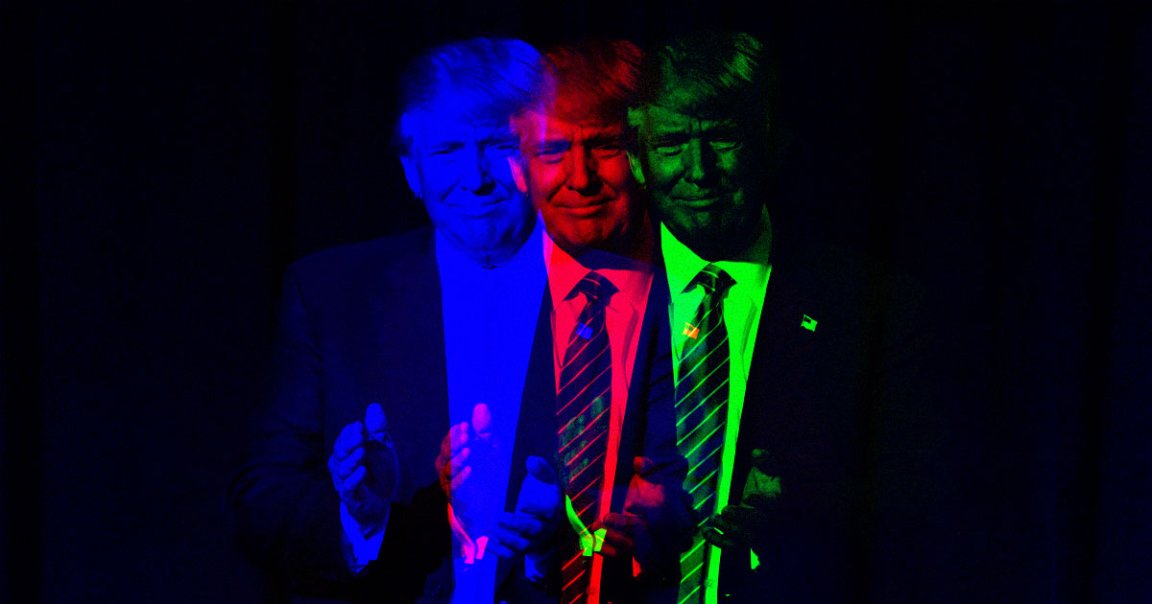
On Thursday, California Governor Gavin Newsom signed two new pieces of legislation designed to crack down on deepfakes, the AI-manipulated videos turning up online in alarming numbers.
The first, Assembly Bill 602, gives victims of pornographic deepfakes — by far the most common type on the internet — the right to sue the video’s creators.
The other, Assembly Bill 730, takes aim at a far less prevalent but potentially more dangerous type of deepfake — ones featuring politicians — but it might not do enough to actually address the root of the problem.
With the signing of AB 730, it’s now illegal for anyone in California to distribute a photo, audio, or video deepfake of a political candidate within 60 days of an election. Specifically, the law applies to the distribution of content designed to “injure the candidate’s reputation or to deceive a voter into voting for or against the candidate.”
AB 730 does not apply to satire or parody videos, or to deepfakes that include a disclaimer noting that they’ve been manipulated — notable distinctions that could ensure the bill doesn’t run afoul of the First Amendment right to free speech.
According to the Associated Press, Democratic Assemblyman Marc Berman introduced AB 730 in response to a viral video manipulated to make U.S. House Speaker Nancy Pelosi appear drunk — a video President Donald Trump’s personal attorney Rudy Giuliani subsequently shared on Twitter.
So, using that clip as an example, Pelosi could seek damages from the creator and disseminator of the video if they posted it online within 60 days of an election in which she was running. However, she couldn’t take a parody YouTube account to court if it shared a similar clip depicting her as drunk — no matter how close to an election.
Unfortunately, the bill might not do much to actually address the problem of these deepfakes affecting elections. Many of them are posted anonymously, and while The Daily Beast did manage to track down the likely creator of the Pelosi video, it wasn’t until long after the deepfake had already spread across the internet.
So, yeah, this new bill may hold creators of political deepfakes accountable for their actions — assuming they can be tracked down and only after a potentially lengthy legal process — and maybe that’ll be enough to discourage some from creating the videos.
But it does nothing to stop the deepfakes from hitting the web in the first place — and once uploaded, each clip is just a series of shares away from spreading election-influencing misinformation far and wide.
READ MORE: California bans ‘deep fakes’ video, audio close to elections [Associated Press]
More on deepfakes: Study: Porn Accounts for 96 Percent of Deepfakes Online